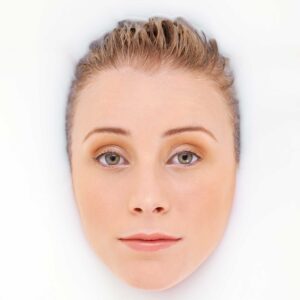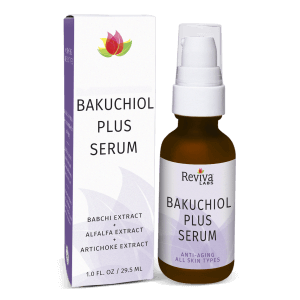Clean Beauty, Ingredients, Reviva Labs, Skin Care
What’s the difference between a face oil and a moisturizer?
People often ask what the difference is between using face oils and moisturizers. With so many skin care products available on the market, it’s important to understand how these two skin care products differ and how they can benefit different skin types.
Understanding Face Oils and Moisturizers
Although seemingly similar, face oils and moisturizers function quite differently. Moisturizers are designed to hydrate the skin by trapping and sealing in moisture. They typically contain a combination of water, oils, and other hydrating agents. On the other hand, face oils, which are formulated with plant extracts, serve primarily to nourish, and protect the skin barrier. They provide essential fatty acids and vitamins but don’t necessarily increase the skin’s water content.
Can Face Oil Replace a Moisturizer?
The answer to whether face oil can replace a moisturizer depends largely on your skin type and needs. For those with dry skin, face oils can really make a difference in their skin. Dry skin lacks oil and may benefit more from a regular application of nourishing oils. These oils can penetrate the skin, providing deep nourishment and helping to restore the skin’s natural oil balance.
However, for those with combination or oily skin, using a face oil might not be ideal. Oily skin already has an abundance of natural oils, and adding more oil can lead to clogged pores and breakouts. Instead, a light, non-comedogenic moisturizer might be more beneficial as it can hydrate the skin without adding excess oil.
Benefits of Face Oils for Different Skin Types
For sensitive skin, face oils can be particularly beneficial as they often contain fewer ingredients than moisturizers, and therefore reduce the risk of irritation. Oils like jojoba and argan are known for their soothing properties and can help to calm sensitive skin while providing necessary hydration.
Mature skin can also see some benefits from applying face oils. Certain plant oils like rosehip and evening primrose are packed with antioxidants and fatty acids, which can help in reducing the appearance of fine lines and wrinkles and can promote a more youthful complexion.
Combining Face Oils with Moisturizers
Instead of choosing one over the other, try combining face oil with a moisturizer so you can get the best of both worlds. Applying a few drops of face oil over your moisturizer can seal in hydration and provide an extra layer of nourishment. This combination can be particularly beneficial during winter months or in dry climates where skin tends to lose moisture more rapidly.
Personalized Skin Care Approach
Skincare is highly personal so what works for one person may not work for another, and it often takes some experimentation to find the right balance for your skin. And while face oils can replace moisturizers for some skin types, particularly dry and mature skin, they may not be suitable for everyone. Understanding your skin’s needs and how it reacts to different products is key to developing an effective skincare routine.








